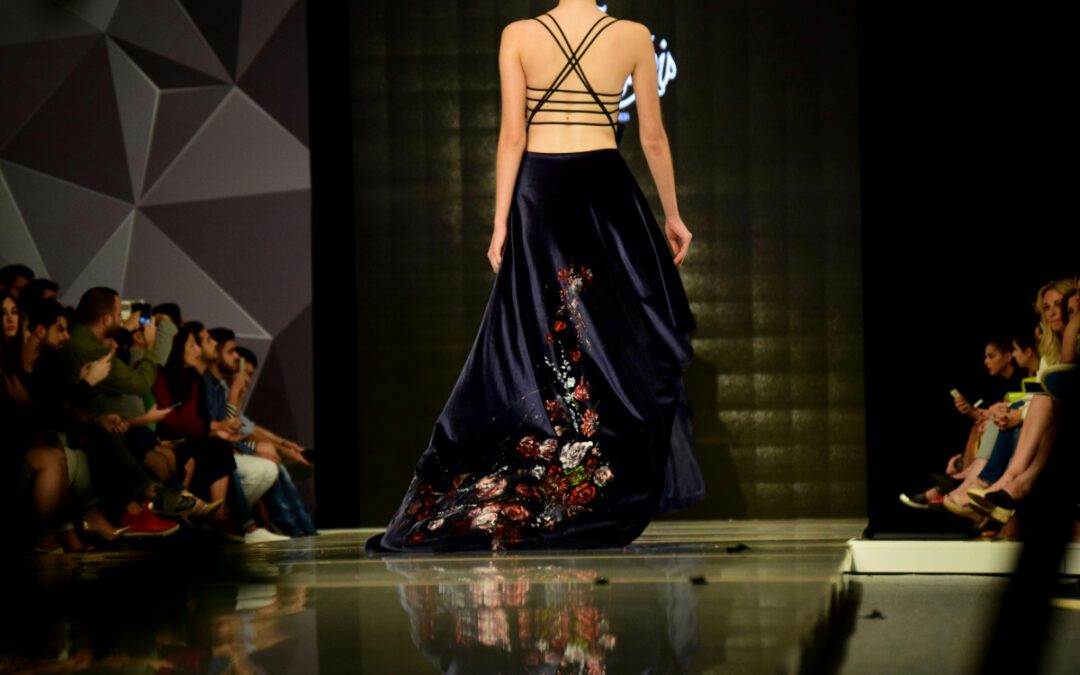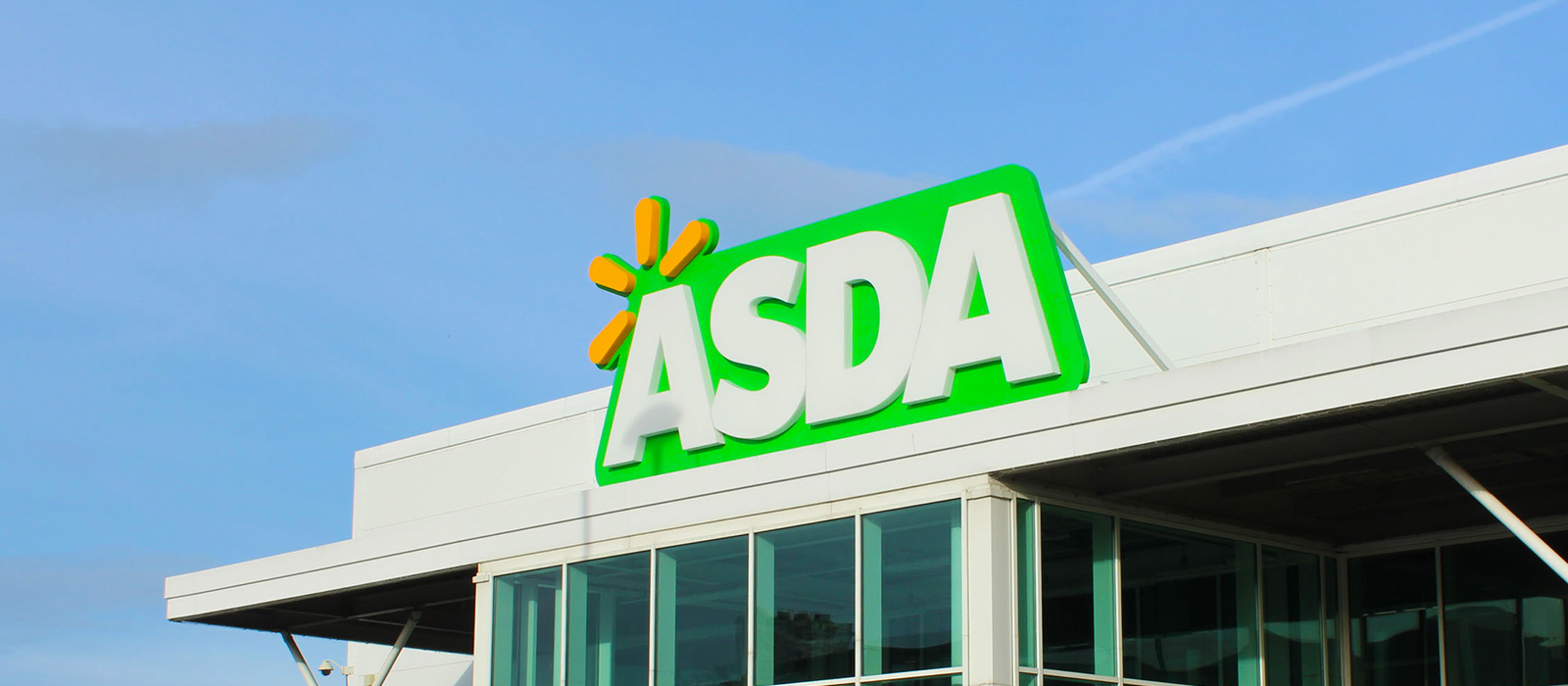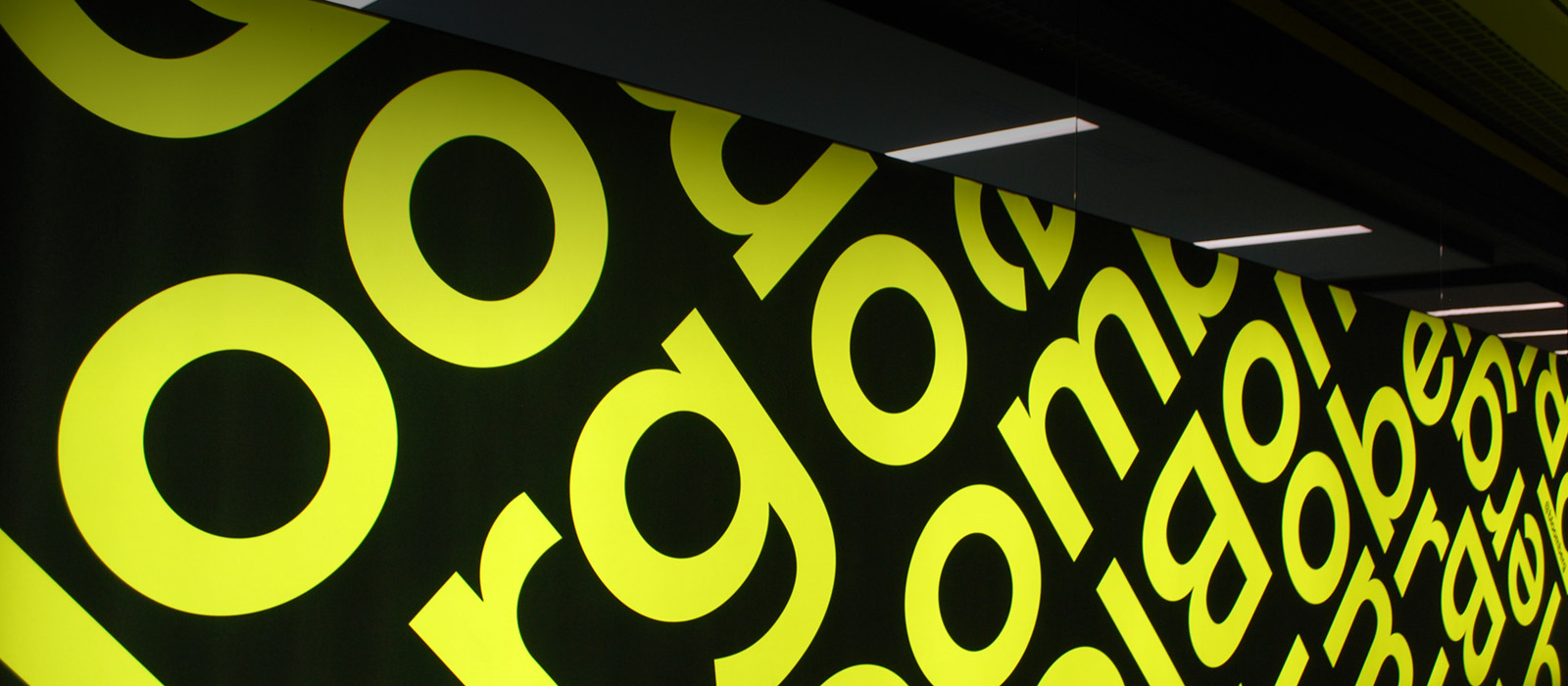The fashion industry lends a hand for sponsorships to act as a powerful tool in boosting brand presence and engaging with stakeholders and potential customers. Sponsorships help take brands from the gravitas of the runway to key backstage partnerships and fashion house collaborations that drive trends and generate revenue.
With the dynamic and ever-changing world of fashion, global spectacles such as Fashion Month offer an unparalleled sponsorship opportunity that can take brands to the top of the fashion and beauty industry while raising their profiles for commercial partnerships.
Here are the best strategic sponsorship approaches for the fashion industry:
1. Backstage Collaborations
Beauty brands have partnered with artists and fashion houses for decades, since the 1990s. It started when brands like MAC Cosmetics, Maybelline, and L’Oréal began sponsoring fashion shows and having artists design runway looks. Such partnerships give brands exposure for their products in association with high-fashion trends and premium craftsmanship.
These sponsorship trends are still present today with brands like NARS, Charlotte Tilbury, and Bobbi Brown enhancing their backstage presence and market positioning every season. Recently, Refy, the makeup sponsor for Labrum London, and Idris and Sabrina Elba’s S’ABLE Labs have tried their hand at participating in Fashion Month, leading to a 124% increase in social media views and a 130% week-on-week sales boost. This exemplifies the power of backstage collaborations in elevating brand awareness and boosting customer engagement.
2. Runway Collaborations
Using sponsorships to showcase artistic and brand excellence through runway shows is just as important as behind-the-scenes presence to build prestige and enhance credibility. Recently, many beauty brands have used their fashion week presence to launch new product lines, such as Dior who developed a “Backstage” collection after being used for the label’s shows. The entire collection is inspired by Dior’s association with runway shows.
MAC Cosmetics is another brand that has used its association with runway shows during fashion weeks with its “Makeup for makeup artists” slogan. Something this small has granted the brand extra credibility and a reputation of being desirable and high-quality.
Another effective strategy is sponsoring Key Artists to siphon off their own established reputation. For instance, hair stylist Guido Palau has partnered with Redken to showcase the brand at major shows like Dior, Schiaparelli, and Miu Miu. While Redken isn’t an official sponsor of these shows, the partnership with Palau is what has allowed its exposure and presence in these shows.
3. Elevating Event Experiences
Adding exclusive experiences during sponsorship events can give a greater perspective on consumer engagement. Using elements such as backstage influencer lounges or branded beauty touch-up stations can take your brand’s exposure and industry credibility to the next level.
4. Digital Integration
Social media is the heart of a brand’s presence now, which is why through any sponsorship deal, brands need to optimise their online presence through curated content, influencer partnerships and real-time marketing.
During events such as Fashion Month, social media engagement is essential with content such as behind-the-scenes looks, product demonstrations, and influencer collaborations. This digital mastery ensures greater reach beyond the runway.
5. Deliver Optimum Value
While following a comprehensive fashion sponsorship strategy, brands must set achievable goals like tangible deliverables, increased awareness, better market positioning, and enhanced customer loyalty. The brand’s approach must be clear in its sponsorship proposition while making distinct offers that would attract valuable sponsors and commercial partners.
6. Identify the Need for Sponsorship
Collaborating with partners brings a plethora of benefits. However, some brands choose not to make use of sponsorship opportunities if they do not align with the brand’s needs or values. For example, Hourglass, a luxury makeup brand, does not participate in Fashion Month due to its commitment to being cruelty-free and instead relies on its built-in audience. With this ideology, Hourglass has managed to achieve an annual growth rate of 33%.
Other beauty brands such as Rare Beauty, Rhode Beauty and Fenty Beauty also do not collaborate on shows to market themselves at Fashion Week. This comes down to the brand’s individual preferences and whether they consider sponsorship a necessity for their success.
Conclusion
Identifying the potential of sponsorships in the fashion industry could be a leap forward in growing brand awareness and boosting revenue. Seeking collaborations with partners, especially during events such as Fashion Month, is a tried and true method that does not seem to slow down.
If your sponsorship proposition includes all the beneficial backstage, show, and event collaborations, all while integrating social media and delivering on your promises, you can take your brand’s identity and market position to the next level.
Photo by Rudy Issa on Unsplash
Last Updated on November 18, 2025





